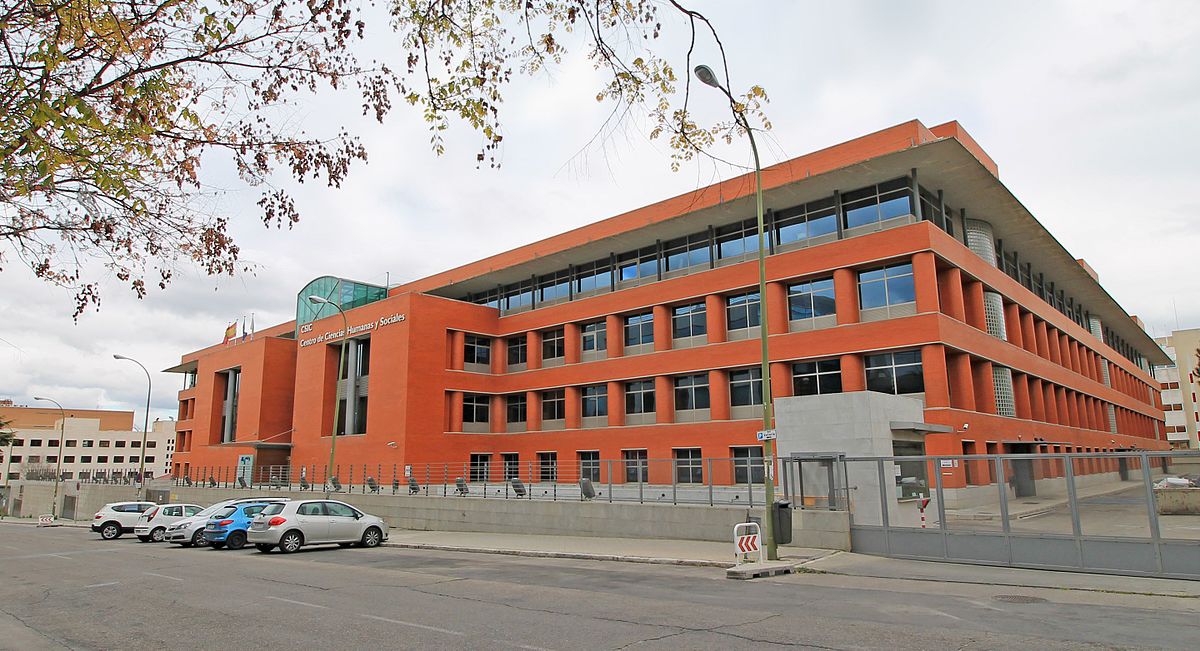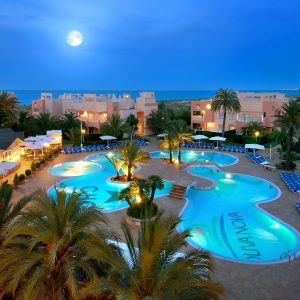Proyecto Hinojos: Contrastación de la Hipótesis Wickboldt-Kühne, Fase II, en Hinojos (Huelva).Student will read and analyze relevant bibliography about one of the archaeological sites chosen for testing our hypothesis, then writing a report (in Spanish or English). An additional activity will be traveling several days to the site in Doñana National Park (Sevilla, Spain).The specific objective of the project is to confirm theory through case study of the southern Iberian Peninsula between 4000 and 2000 BC. This study requires analysis from the theoretical perspective enunciated, of the traces left by the process in the archaeological record of the area.
Instituto de Lengua Literatura y Antropología (CSIC – ILLA)
Research Intern
CSIC Research Center
Madrid
WEBSITE
Introduction to the poetics of travel narrative in the Spanish literature of the nineteenth and twentieth centuries:
Get familiar with the travel literature by reading and understanding some of the most important texts on the subject.
Working with the funds of CCHS library pulling out the travel stories of the first half of the twentieth century that have not been classified yet in the style.
Review papers / books / articles travel stories.
The Institute of Language, Literature and Anthropology (ILLA) aims primarily to research the Hispanic cultural heritage in its triple anthropological, linguistic and literary dimension. Each of these departments, in turn, comprehends a number of research groups that focus on as many common objects of interest or on sets of related objects of interest. The supervisor?s research group focuses on the politics of social memory, whether in Spain or in other country.







